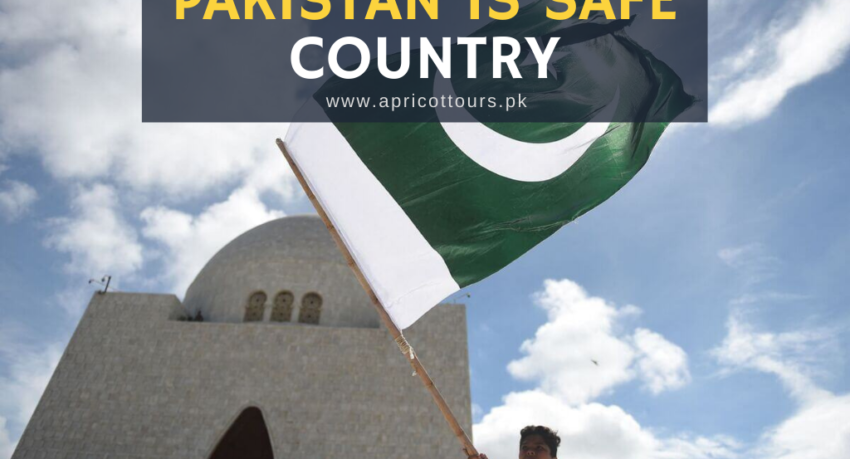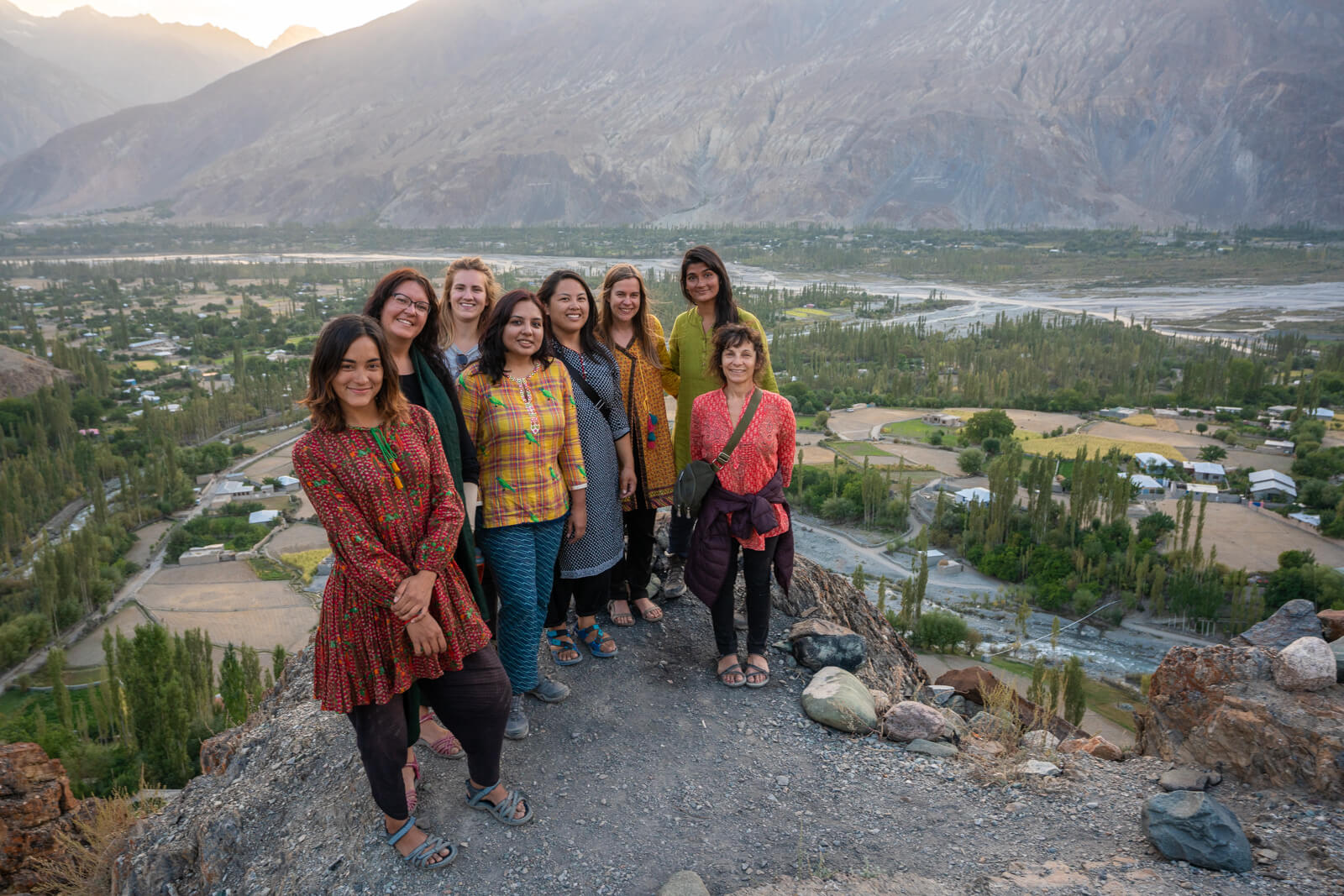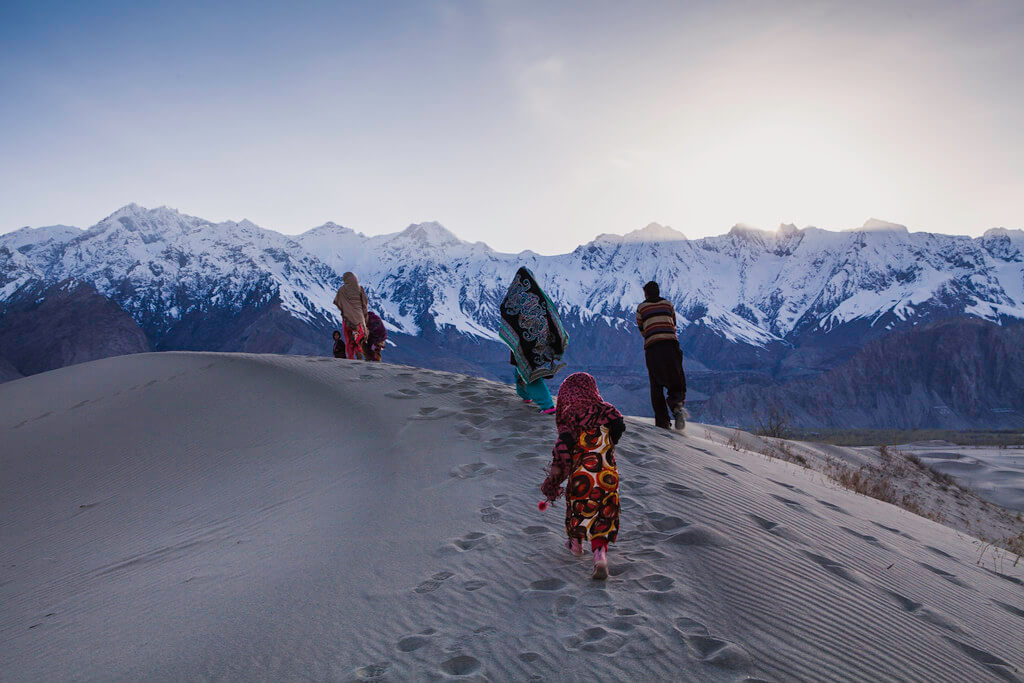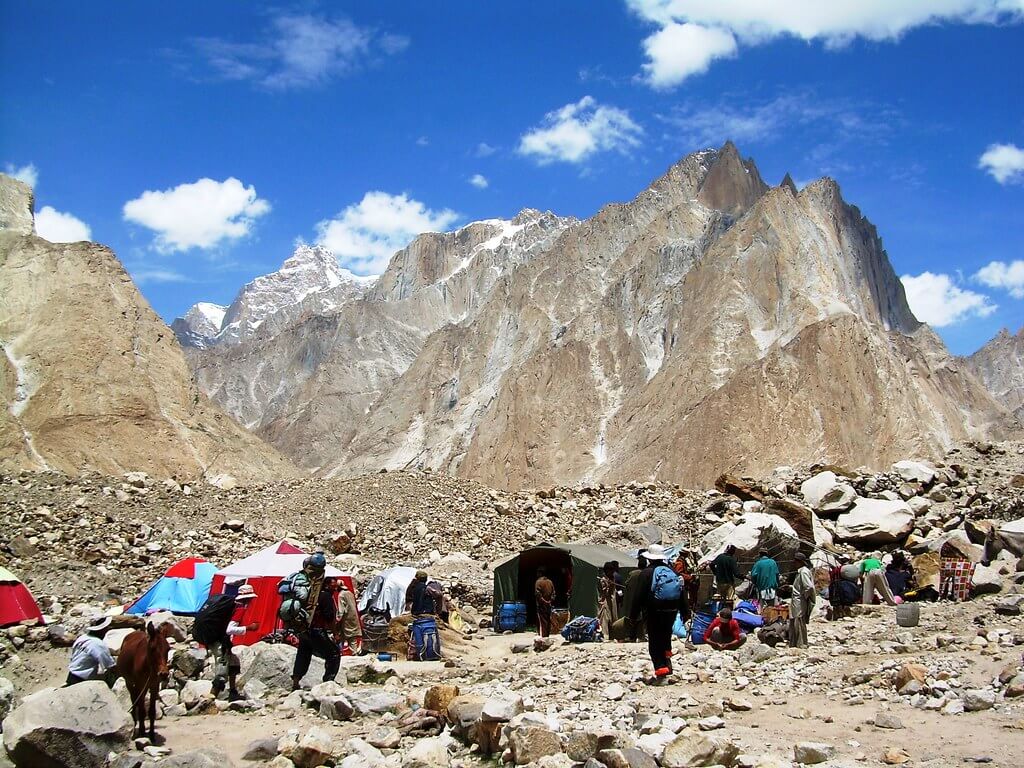Pakistan is Safe Country
Pakistan is Safe Country and has a rich history, a diversified culture, and magnificent scenery. In recent years, the country has made significant progress in improving its security situation, and it is now deemed safer for tourists than it was previously.
However, like in any other nation, some regions of Pakistan are still deemed risky for travelers. In this post, we will look at Pakistan’s present condition and the elements that contribute to the country’s overall degree of safety for tourists in 2024. First and foremost, it is critical to recognize that Pakistan is a vast country with a diversified geography. The level of security varies according to where you are and what you are doing.
Pakistan is regarded as quite secure for tourists in terms of crime. Petty crime, such as pickpocketing and shoplifting, is frequent in tourist areas, while serious crime is uncommon. Visitors should take the standard measures to preserve their possessions and be cautious in busy places.
It is also critical to understand the cultural distinctions in Pakistan. Visitors should follow local customs and clothing regulations, especially while visiting religious places, as the country is largely Muslim. Visitors should also be mindful of the restrictive views towards women in some locations, and ladies may face unwelcome attention or harassment.
To summarise, Pakistan is a safe nation to visit in 2024; nonetheless, tourists should exercise caution and be informed of the situation in the places they intend to visit. Visitors should also be conscious of cultural variations and take standard steps to safeguard their goods. Visitors visiting Pakistan may enjoy everything that this wonderful nation has to offer with appropriate planning and information.
Part of Pakistan and it’s Safety Measurements
Lahore: The cultural center of Pakistan, Lahore is also one of the safest cities in the country. The city is well-known for its rich history, beautiful architecture, and lively culture. There are several tourist sites to explore, including the Badshahi Mosque, Lahore Fort, and Jahangir Tomb. Although crime rates in Lahore are low, travelers should always be cautious and mindful of their surroundings, especially in crowded locations.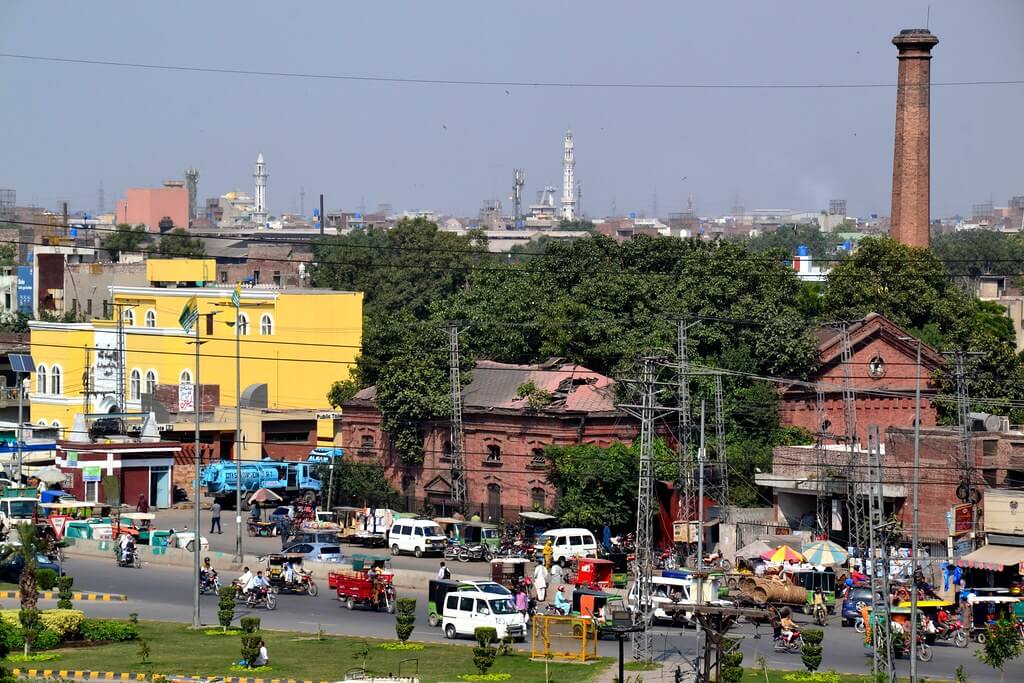
Islamabad: Islamabad is the capital of Pakistan and is regarded as one of the safest cities in the country. The city is well-planned and contemporary, with a sizable expat population. The Shah Faisal Mosque, the Pakistan Monument, and the Pakistan Museum of Natural History are among the major tourist attractions. Although crime rates in Islamabad are low, travelers should always be cautious and mindful of their surroundings, especially in crowded locations.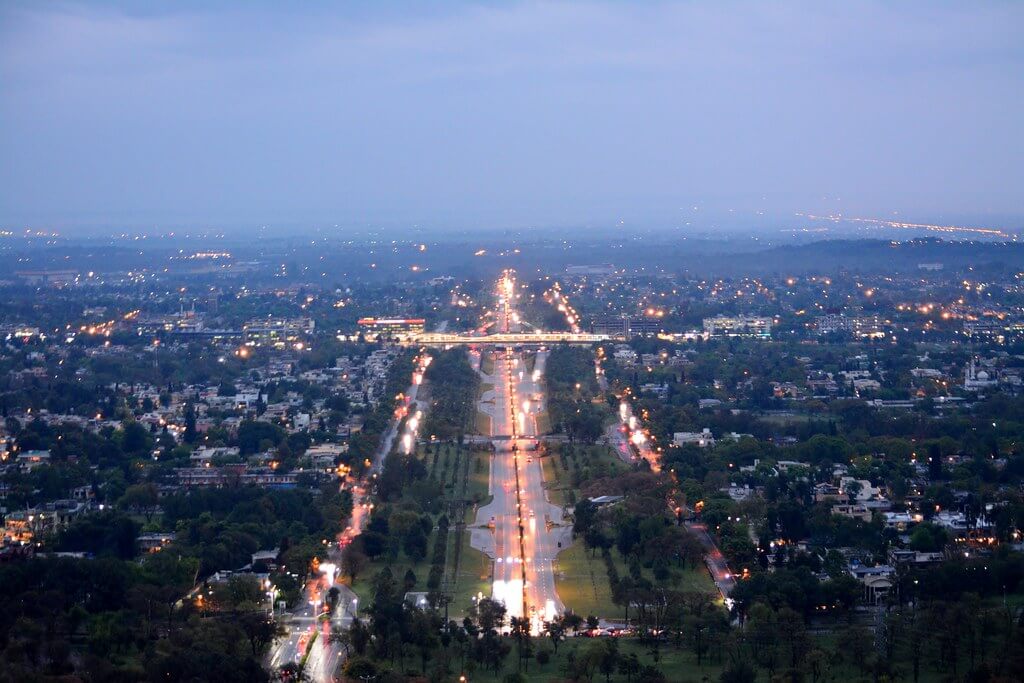
Karachi: Karachi is Pakistan’s largest city and is regarded as quite secure for travelers. The city is well-known for its vibrant culture, rich history, and delectable cuisine. The National Museum of Pakistan, the Mohatta Palace, and the Pakistan Air Force Museum are among the many tourist attractions. Visitors should be warned, however, that Karachi has a greater crime rate than Lahore and Islamabad, and they should take extra steps to safeguard their possessions.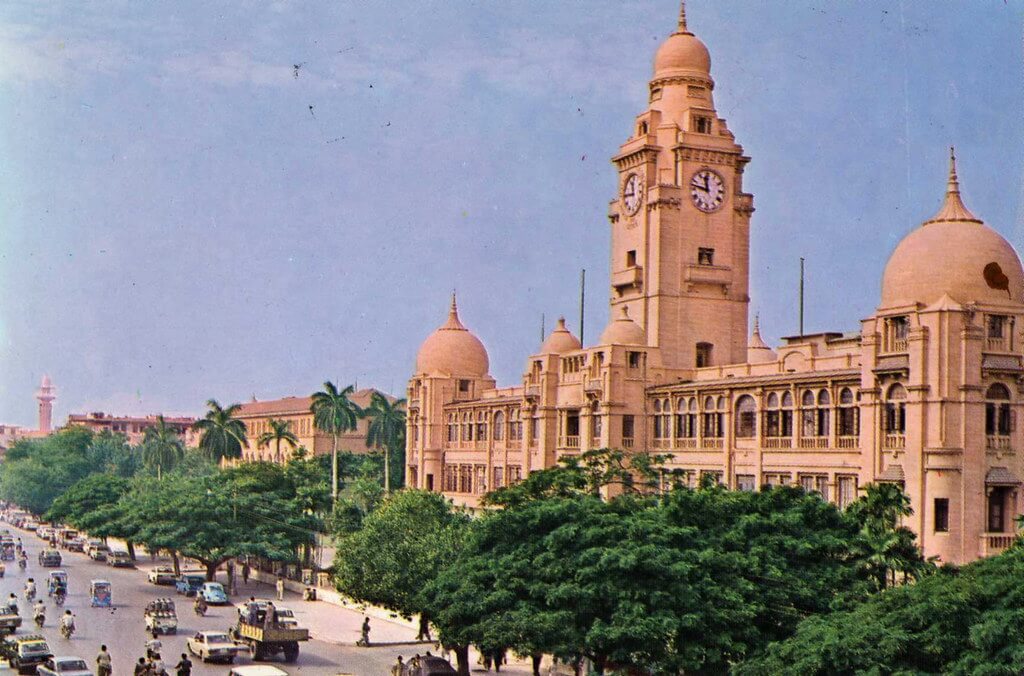
While Pakistan is seen as a safe nation to visit in 2024, tourists should proceed with caution and be informed of the situation in the places they intend to visit.
The Warnings & Dangers in Pakistan while Visiting Pakistan
Crime: Although crime rates in Pakistan are low, travelers should always take caution and secure their possessions, particularly in busy locations. Pickpocketing and other small crimes should also be avoided, especially in tourist areas.
Health and safety: Visitors visiting Pakistan should take the required steps to safeguard their health, such as getting vaccinated and using bug repellent. They should also exercise caution while traveling in isolated places, where medical services may be scarce. Visitors should also be aware of the possibility of natural calamities such as earthquakes and take precautions to prepare for them.
Political instability: Pakistan has a history of political unrest, and travelers should be informed of the present situation before visiting. They should also exercise caution while attending political rallies or protests, as these gatherings can become violent.
Road safety: Visitors should use caution when traveling on Pakistani roads, as international standards are not always met. They should also be mindful of the possibility of accidents, particularly in rural regions. Visitors should also use caution when driving at night, as roads might be inadequately illuminated and in bad condition.
Cultural differences: Visitors visiting Pakistan should be respectful of local customs and traditions, as well as conscious of cultural differences. They should also be aware of local dress norms, particularly for women, who are expected to dress modestly in public.
Useful information about Pakistan while Traveling from Abroad
Here is some useful information for travelers visiting Pakistan from abroad:
Visa requirements: Visitors visiting Pakistan must have a valid passport as well as a visa to enter the country. The type of visa required varies on the purpose of the visit, and travelers should check with the Pakistani embassy in their home country for the most up-to-date visa information.
Currency: Pakistan uses the Pakistani Rupee (PKR) as its currency. Foreign cash may be exchanged in banks, money exchange agencies, and hotels. For convenience, it is advisable to carry a mix of cash and credit cards.
Healthcare: Visitors to Pakistan should get comprehensive travel and health insurance before departing, as medical facilities and quality of treatment may be restricted. It is also advised to carry any essential prescription drugs, take measures against bug bites, and get any necessary vaccines.
Local customs: Visitors visiting Pakistan should be mindful of local customs and traditions, as well as cultural differences. They should also be aware of local dress norms, particularly for women, who are expected to dress modestly in public.
Transportation: Visitors visiting Pakistan have various transportation choices, including cabs, buses, and trains. Visitors should use caution when traveling on roadways, as international standards are not always met. They should also be mindful of the possibility of accidents, particularly in rural regions.
Accommodation: Visitors visiting Pakistan enjoy a variety of lodging alternatives, including hotels, guesthouses, and hostels. Visitors should carefully select their lodging and ensure that it is safe and secure.
What do the Foreigner Visitors Say About Pakistan?
Foreign tourists visiting Pakistan are typically pleased with their experiences. Many visitors find the nation to be kind, inviting, and culturally diverse. Among the most popular remarks are:
Beautiful landscapes: Pakistan is noted for its breathtaking natural beauty, which includes mountains, deserts, and coastlines. Visitors frequently comment on the stunning vistas and varied sceneries.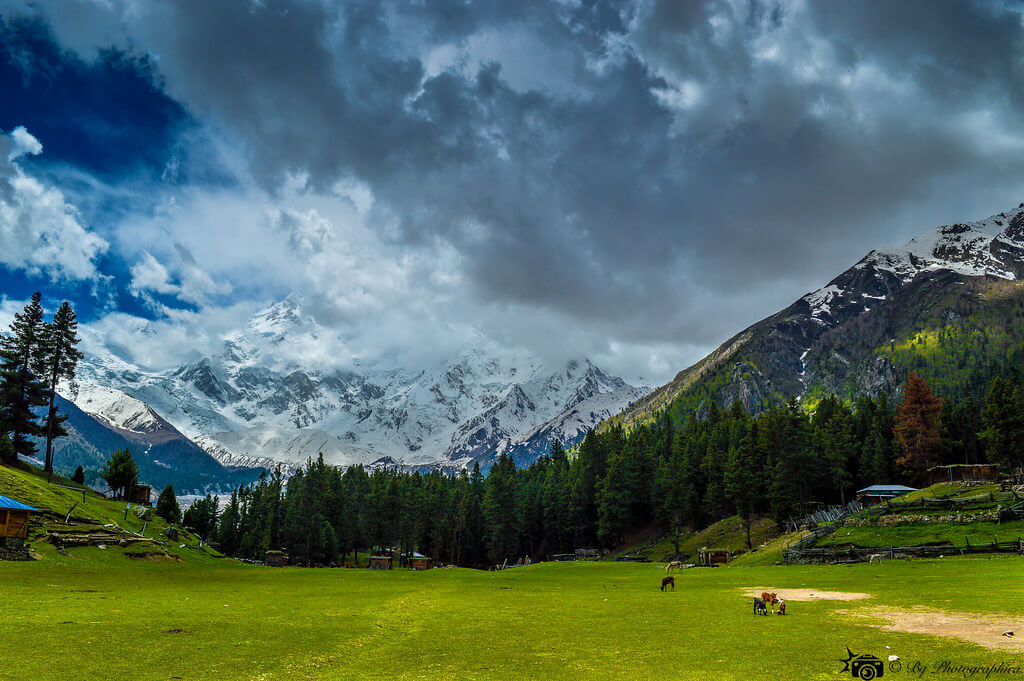
Friendly people: Visitors frequently comment on the warmth and compassion of the local inhabitants. They frequently comment that the people are kind, helpful, and ready to share their culture.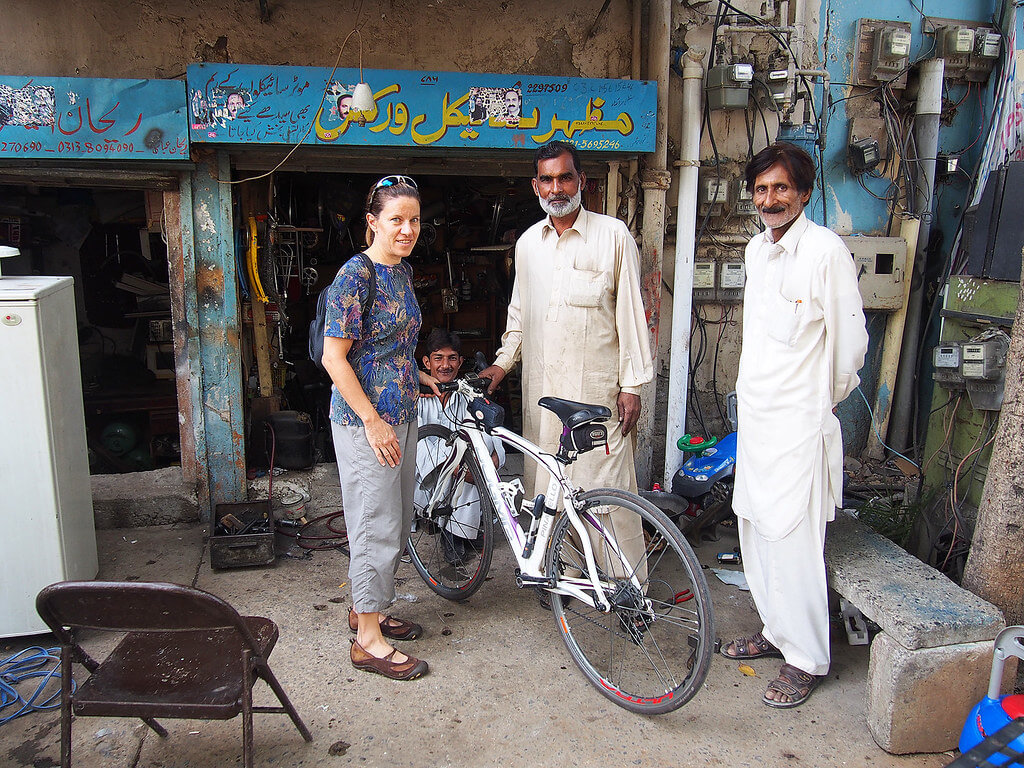
Delicious food: Food is diverse and savory in Pakistan, and many travelers love sampling different foods and flavors. Traditional foods are frequently regarded as delectable, having a particular combination of spices.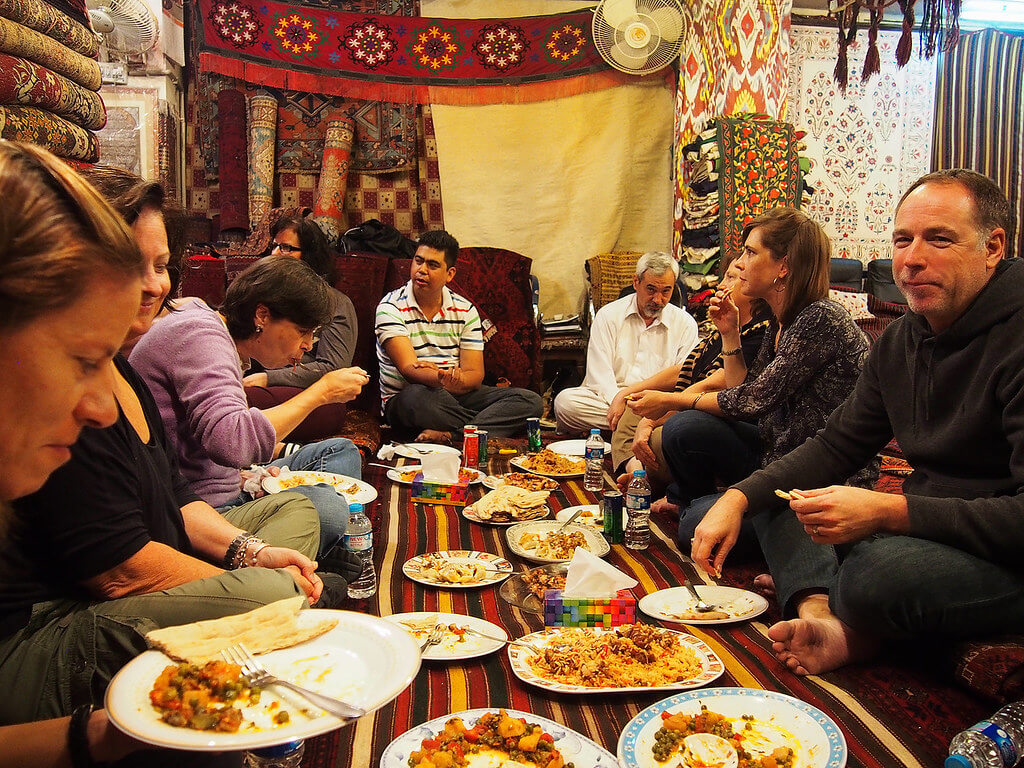
Rich history and culture: Pakistan is rich in historical and cultural landmarks, such as old ruins, forts, and museums. Visitors frequently comment on the country’s rich history and cultural heritage.
Overall, tourists to Pakistan agree that it is a worthwhile destination with many unique and unforgettable experiences to offer.
Is Pakistan Safe for Female Tourists?
Pakistan is usually regarded as secure for female travelers, yet there are certain safety risks to be aware of. Women visiting Pakistan should be cautious and mindful of local customs and conventions, particularly in more conservative sections of the nation.
Dress conservatively: In many regions of Pakistan, women are required to wear modestly, covering their arms and legs. To prevent unwanted attention, visitors should follow local customs and dress correctly.
Avoid traveling alone: Women are often safer traveling in couples or groups, especially in remote regions or at night.
Be aware of local customs: Women should be conscious of local conventions and norms, particularly in conservative communities where physical contact with males may be deemed unacceptable.
Stay informed: Visitors should be aware of the present circumstances in the locations they are visiting and take all required measures. This might involve avoiding big crowds and public events, as well as being aware of any government security alerts or cautions.
What are the Safest Places to Visit in Pakistan?
Pakistan is a vast and varied country with various levels of security based on location. Here are some of Pakistan’s safest tourist destinations:
Islamabad: Islamabad, Pakistan’s capital city, is regarded as one of the safest in the country, with a low crime rate and a robust security presence.
Lahore: The cultural center of Pakistan, Lahore is also one of the safest cities in the country. Many historical sites, museums, and cultural landmarks may be found here.
Karachi: Karachi is Pakistan’s largest city and is regarded as quite secure, while there are certain security dangers. Visitors should use care and keep up to date on current events.
Gilgit-Baltistan: Gilgit-Baltistan is a region in northern Pakistan recognized for its breathtaking natural beauty and is regarded as one of the safest locations to visit in the nation.
Murree: Murree is a beautiful hill station near Islamabad that is safe for travelers. It is a popular hiking, sightseeing, and resting location.
Hunza Valley: Hunza Valley is a picturesque valley in northern Pakistan that is regarded as one of the safest spots in the country. It is well-known for its beautiful scenery, cultural legacy, and outdoor activities.
Is it Safe to go Trekking in Pakistan?
Pakistan is famed for its breathtaking natural beauty and some of the world’s greatest hiking options. Trekking in Pakistan, on the other hand, might pose certain safety dangers, so take the necessary measures.
Research your trek: Research your hike thoroughly and be aware of any potential concerns, such as altitude sickness, weather conditions, and the difficulty level of the terrain.
Hire a local guide: Hiring a local guide who is knowledgeable about the region might increase your safety and make your walk more pleasurable. They can provide you with important information about trail conditions, local customs, and emergency procedures.
Be prepared for the weather: Prepare for the weather: Extreme weather conditions, such as snow and heavy winds, can occur in Pakistan, particularly at higher elevations. Visitors should be prepared for these circumstances by bringing appropriate gear and equipment.
Overall, hiking in Pakistan may be a safe and pleasant experience with adequate planning and preparation. Visitors should be aware of their surroundings and take all required steps to safeguard their safety.
Conclusion
Pakistan is a safe country for visitors and residents alike. While certain areas may have experienced security challenges in the past, the nation offers diverse cultural experiences, stunning landscapes, and warm hospitality. With proactive government measures and increased focus on ensuring safety, tourists can explore Pakistan confidently by staying informed, exercising caution, and following travel advisories. Overall, Pakistan stands as a welcoming and secure destination for travelers.

